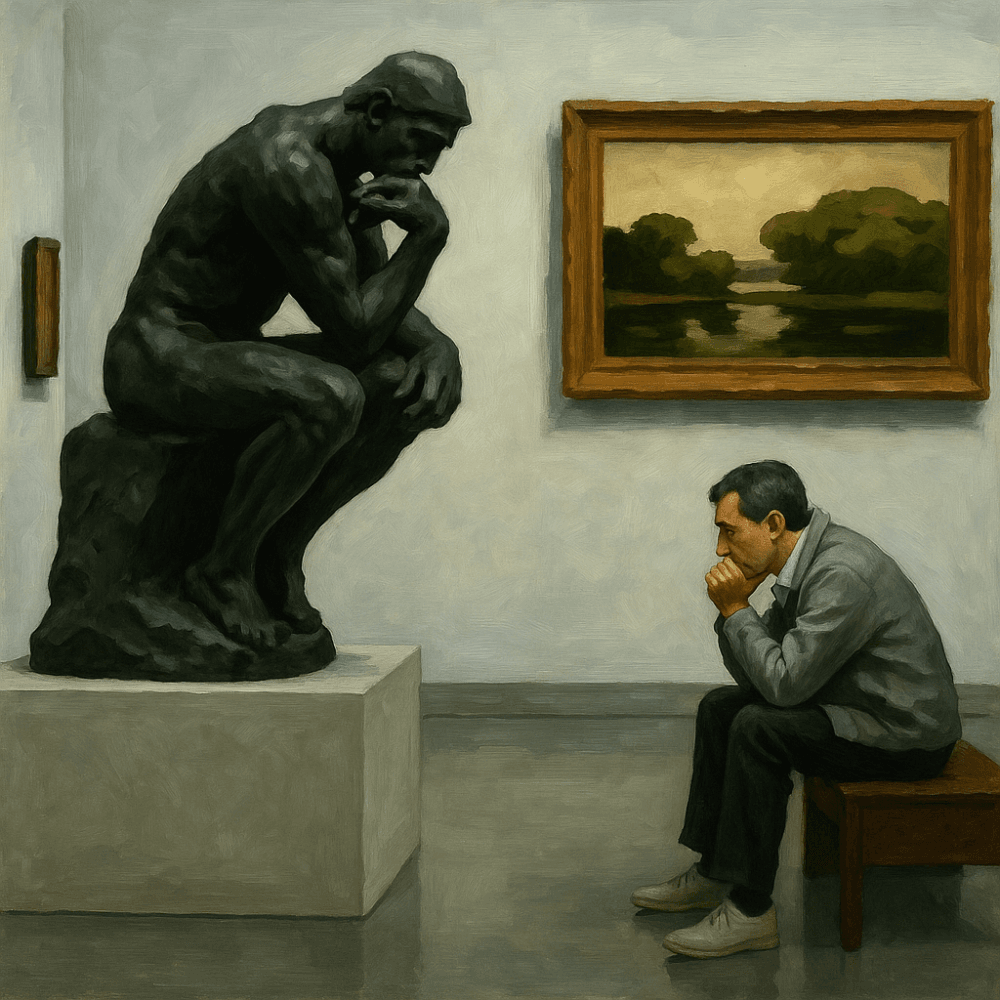I will be keeping this short. First and foremost, without even a sliver of doubt, with unanimity, I reckon it is accepted that any writing of differing importance entails inextricably the process of thinking—keeping peculiar cases at bay.
Fundamentally, our cosmos has bestowed upon us two prerogatives—to make use of our time, that is, 24 hours a day, and, on the other hand, to operationalize our brain—to think.
Yet, at this juncture, we are in the midst of a precarious inflection point. Who would have guessed that the kin so fond of gobbledygook will eviscerate an attribute that had been a continuum ever since hunter-gatherers developed into cerebral beings?
At a glance, the defenestration of transcribing treatises, in other words, essays without banality—writ large—seems hyperbolic, and such proclamations at times exude a great degree of sensationalism, in part, to garner attention in our contemporary information paradigm.
That being said, while deducing the overarching trend, by and large the adoption of LLMs in the workforce has been gradual, and importantly, its usage at best is for tasks deemed mundane, for instance, transcribing a superfluous email.
But nonetheless, its most potent effect is on schooling, that is to say, the pedagogical ethos that advocates for critical thinking—and ultimately to be a liberal reasoner is at a crossroads. After all, to write a writing, be it for humanities or linguistics, is not predicated upon “just for the sake of completing the hamburger structure.” Instead, it enables the human mind to pivot into making use of an intrinsic ability that is imbued in us—to “reason.”
If, as such is the case, a mathematical model that predicts the subsequent lexical item gets entrenched into the society as a ubiquitous tool, it evidently will capitulate the “self” and, alas, morph into a surrogate for our brain. Bluntly speaking, its ramification will be gargantuan; to be succinct, its detrimental effect will not be insular to schooling; rather, it will have a corrosive effect on an already dismal state of civic virtue—our collective resolve for the betterment of society will be a second thought, as, at the end of the day, the human brain inevitably does not adhere to a certain moral abstraction on its own; it is, as a matter of fact, broadly curated via the process of contemplation, discourse, and logical deduction.
All in all, if populist movements amass even greater credence in the global polity, the hypothesis behind the rise can be simpler: we made ourselves feeble and beholden to tech predicated upon the destruction of a simple yet profound ability—to think.






